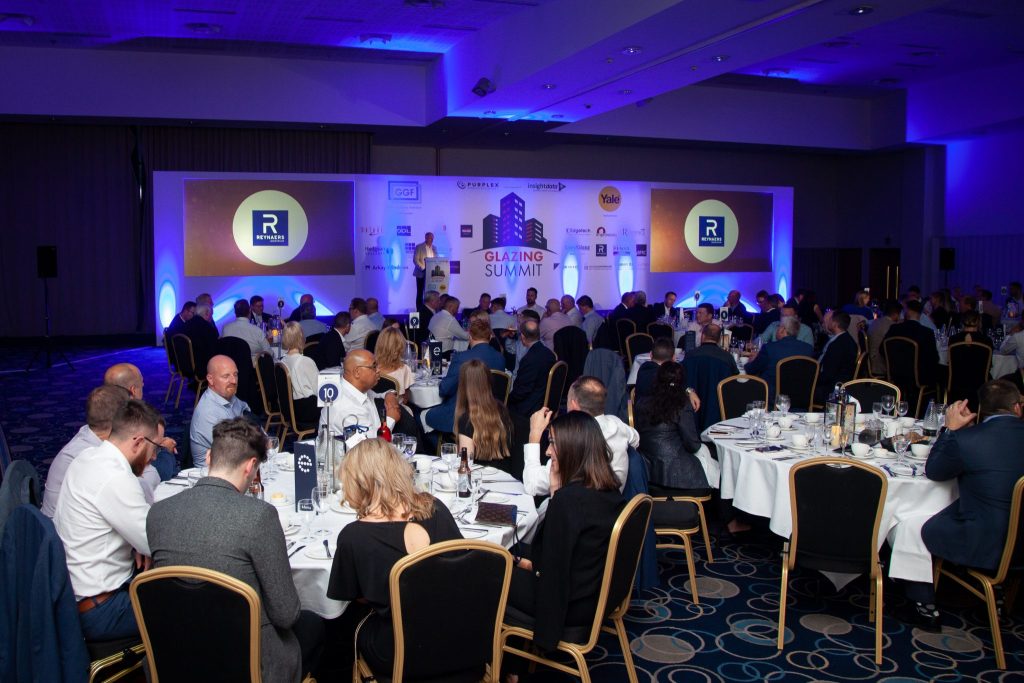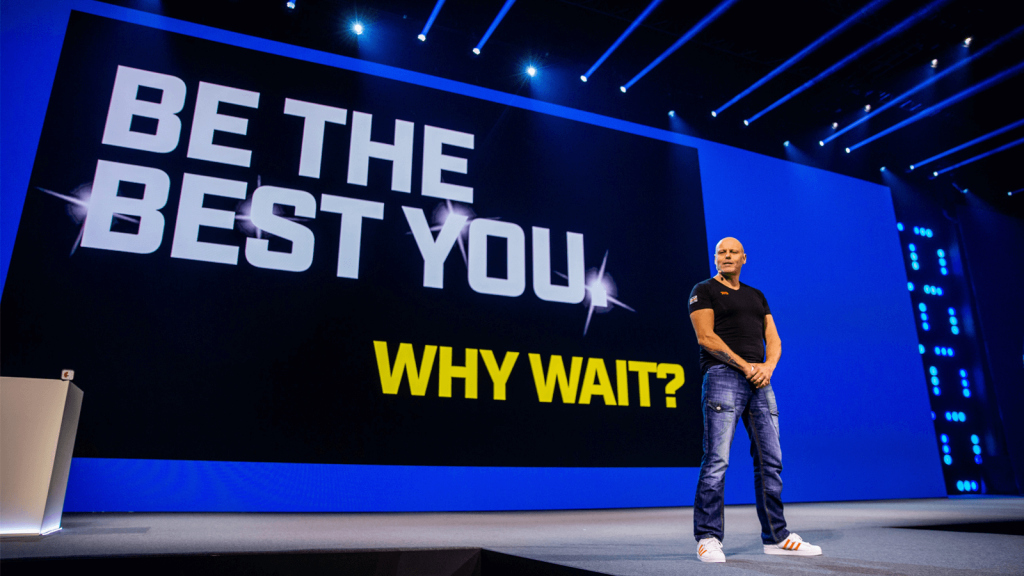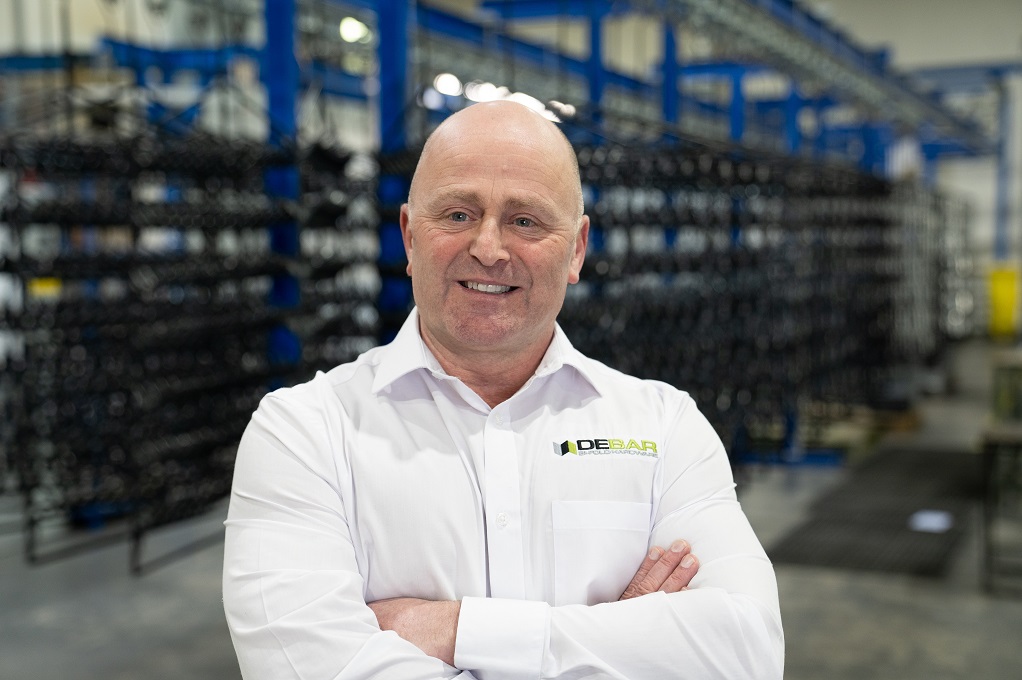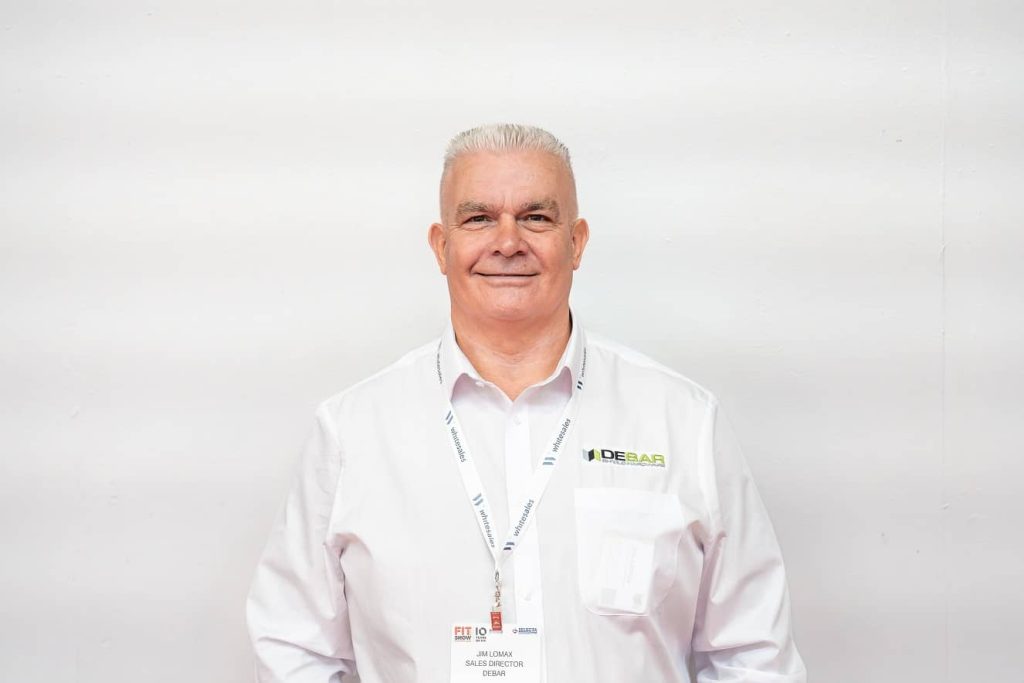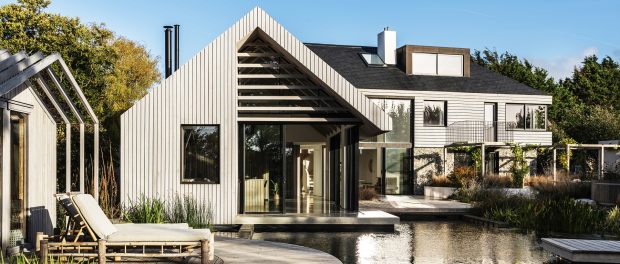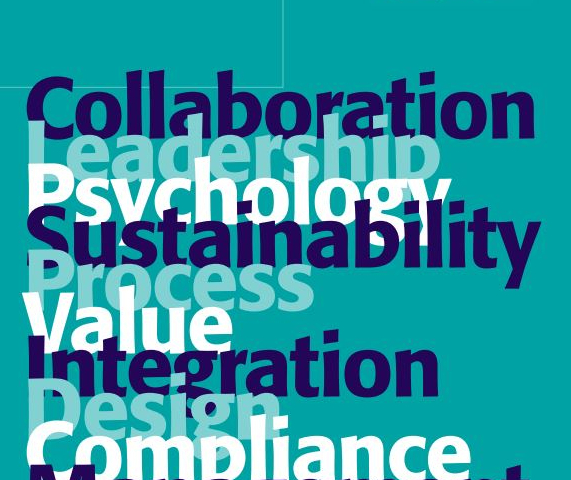Lower energy bills are driving the demand for LED lighting in industry

Steve Gardner, managing director of Ecolighting UK talks about led technology and the results they are achieving in warehouses and distribution centres.
The light-emitting diode (LED) is one of today’s most energy-efficient and rapidly-developing lighting technologies. Quality LED light bulbs last longer, are more durable, and offer comparable or better light quality than other types of lighting.
LED is a highly energy efficient controllable lighting technology and has the potential to fundamentally change the future of lighting in the United Kingdom.
The high efficiency and directional nature of LEDs makes them ideal for many industrial uses, particularly warehousing and manufacturing environments where varying degrees of occupancy are required. The desire for lower energy bills is driving the demand for replacement lighting installations, particularly from larger warehousing and distribution centres that operate 24-hours a day.
Ecolighting continues to stand out as one of the UK’s leading lighting specialists with its Pegasus Multibay LED fitting. The Pegasus range comes in multiple wattages ranging from 60w to 320w as well as four different beam angles 15°, 30°, 40° and 120° to cater for a wide variety of applications.
Traditional sodium lighting or metal halide discharge light fittings typically consume 300 – 460 watts, whereas the Ecolighting Pegasus LED light fittings can consume anywhere between 60w and 320w depending on the fitting type even when at full power.
The fittings also have built-in intelligent sensors to detect motion and monitor ambient daylight levels. When there is no occupancy in the area or when there is sufficient ambient daylight, the lights will automatically switch off or operate at just 10%.
On Ecolighting projects, we are typically seeing a 24% increase in light output and a 26% reduction in energy over existing energy efficient products in the market today.
We can programme timers so that when the sensors detect movement, the lights in that zone can remain on for a period lasting anytime from 10 seconds right up to 72 hours. With this level of control, we can ensure that lighting is truly relative to activity. This means that when they are on, businesses can afford to pay for them as it is getting a contribution further up the supply chain to perform that activity and when there is no activity required, they are off.
Typically, this results in customers making energy savings in excess of 70%. Return on investment is rapid and is usually within one to three years.
In addition to substantial economic benefits, LED lighting also provides a sustainable contribution towards the fulfilment of long-term environmental objectives for storage and distribution operators. Significantly lower energy consumption means a reduced carbon footprint and less impact on the environment.
Aside from the financial and environmental factors, the most obvious and instant benefit of LED lighting is the superior light quality that the new technology generates. The result of a lighter and brighter working environment is improved visibility and enhanced workplace safety for employees. Our experience at Ecolighting is that workforces are delighted with the improvements in their working environments, an inevitable result of an installation.
Ecolighting designs, manufactures and installs energy efficient lighting in warehouses and industrial premises throughout the country.















